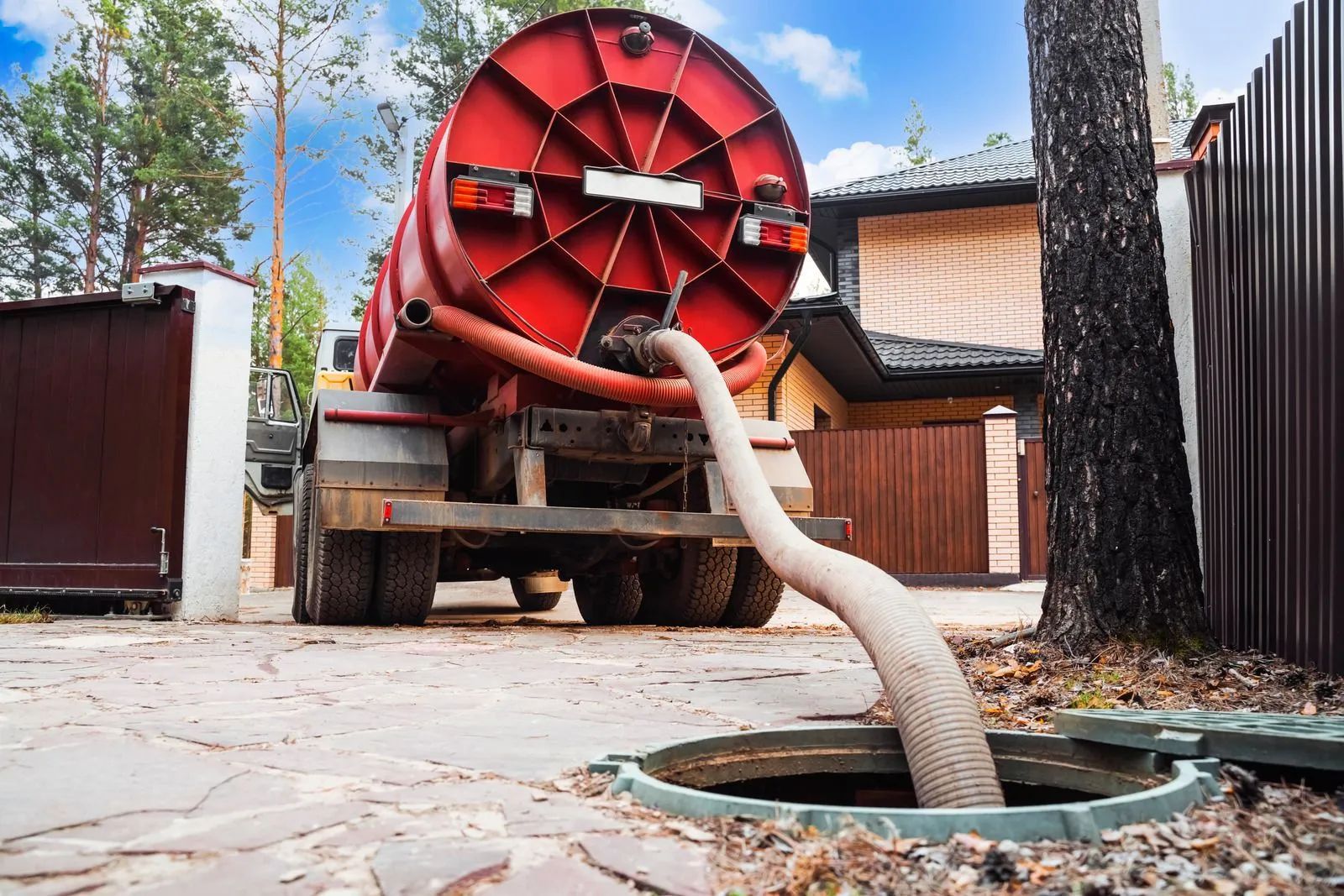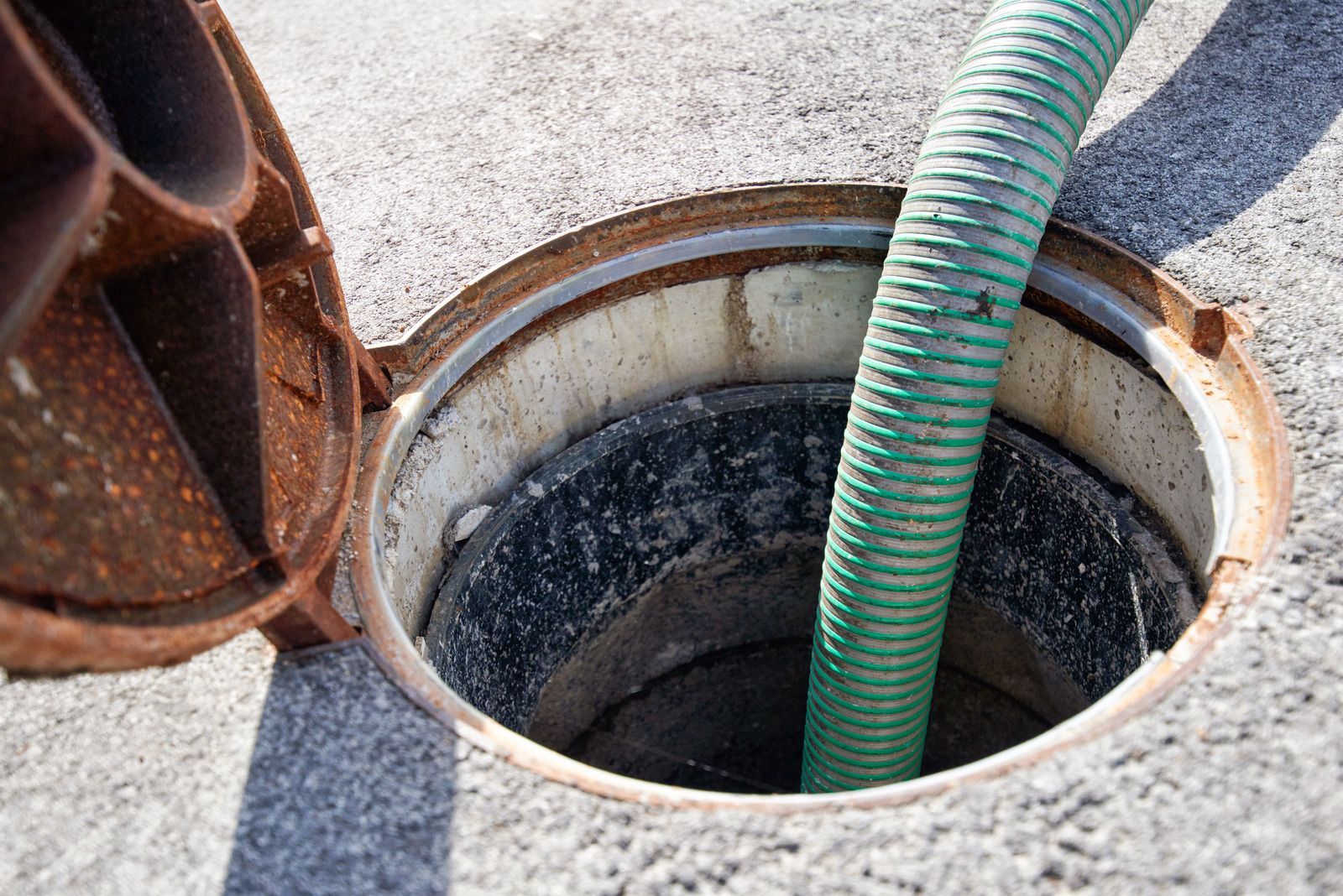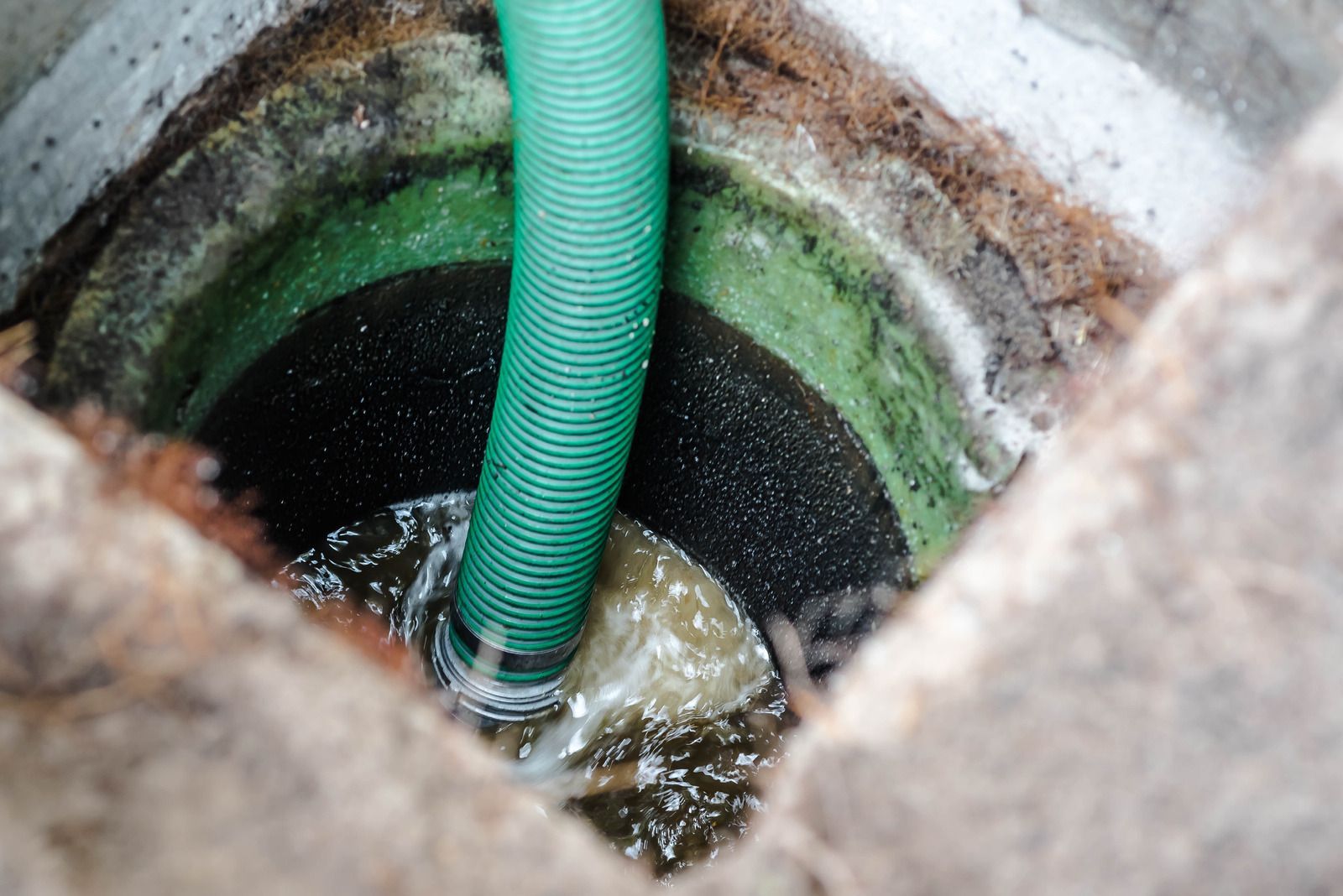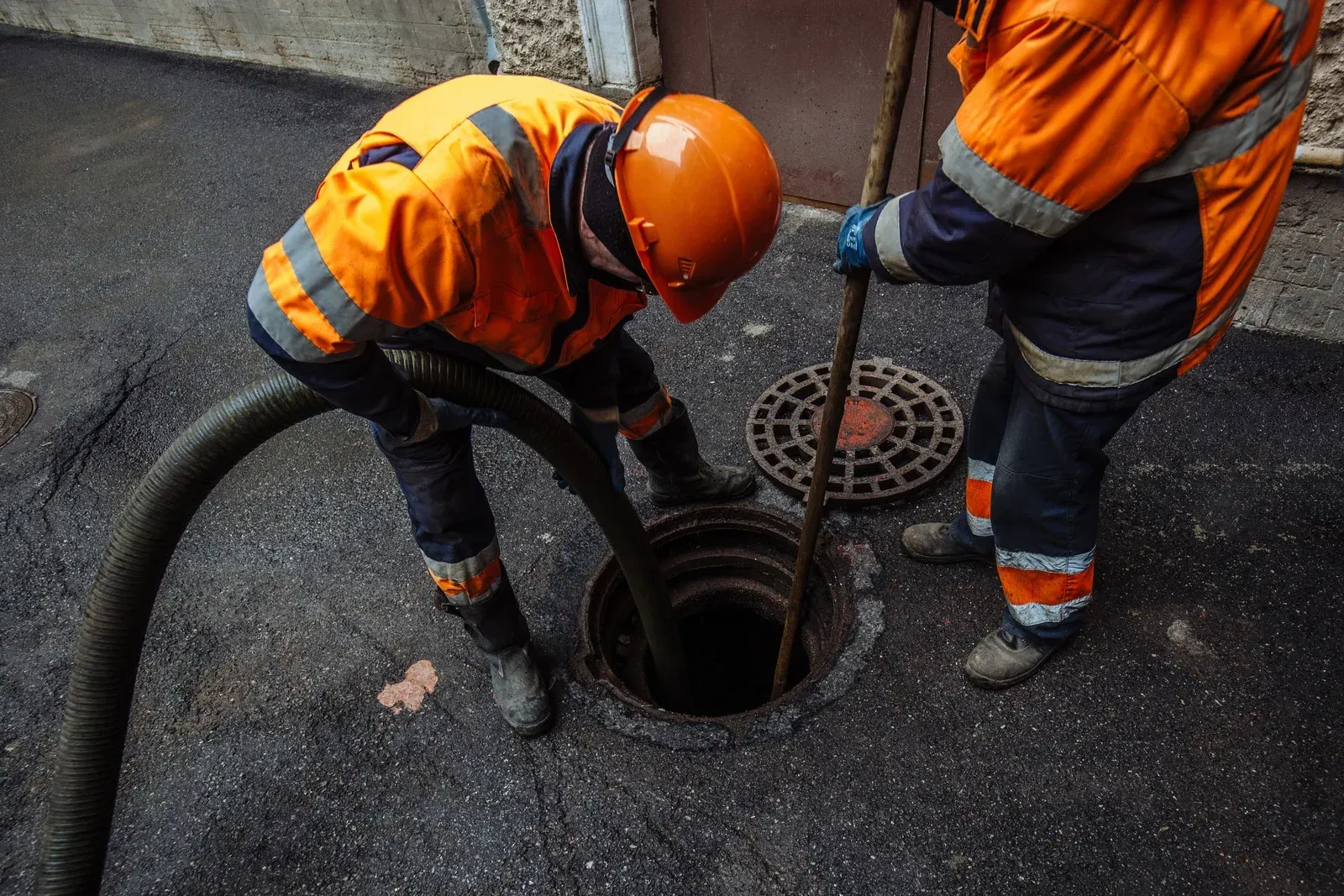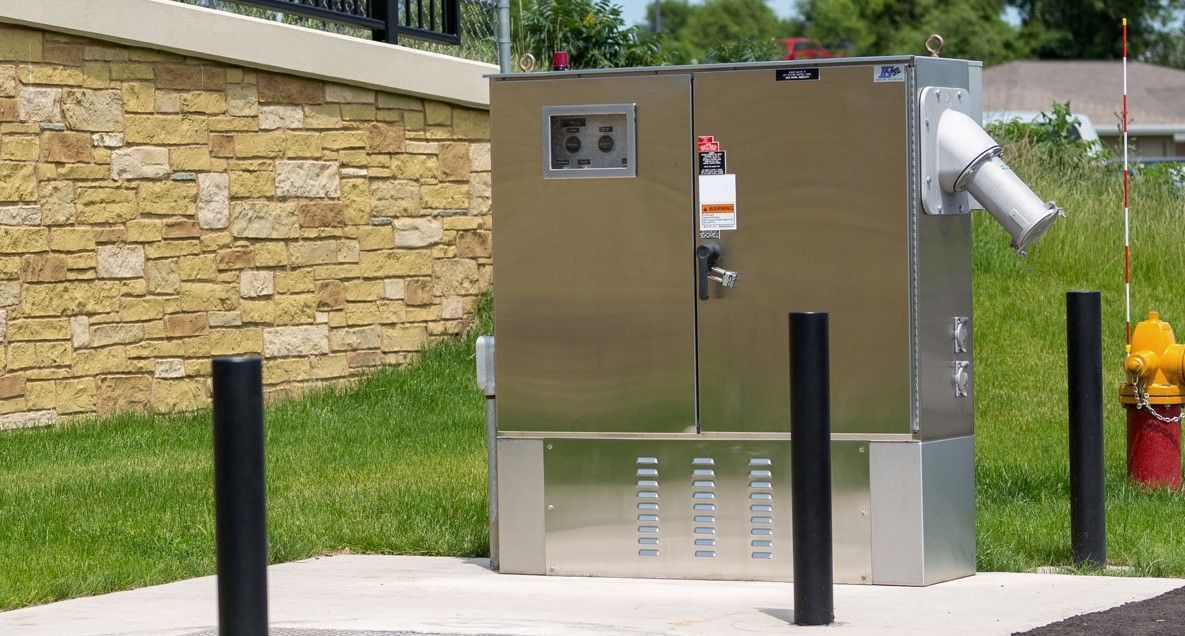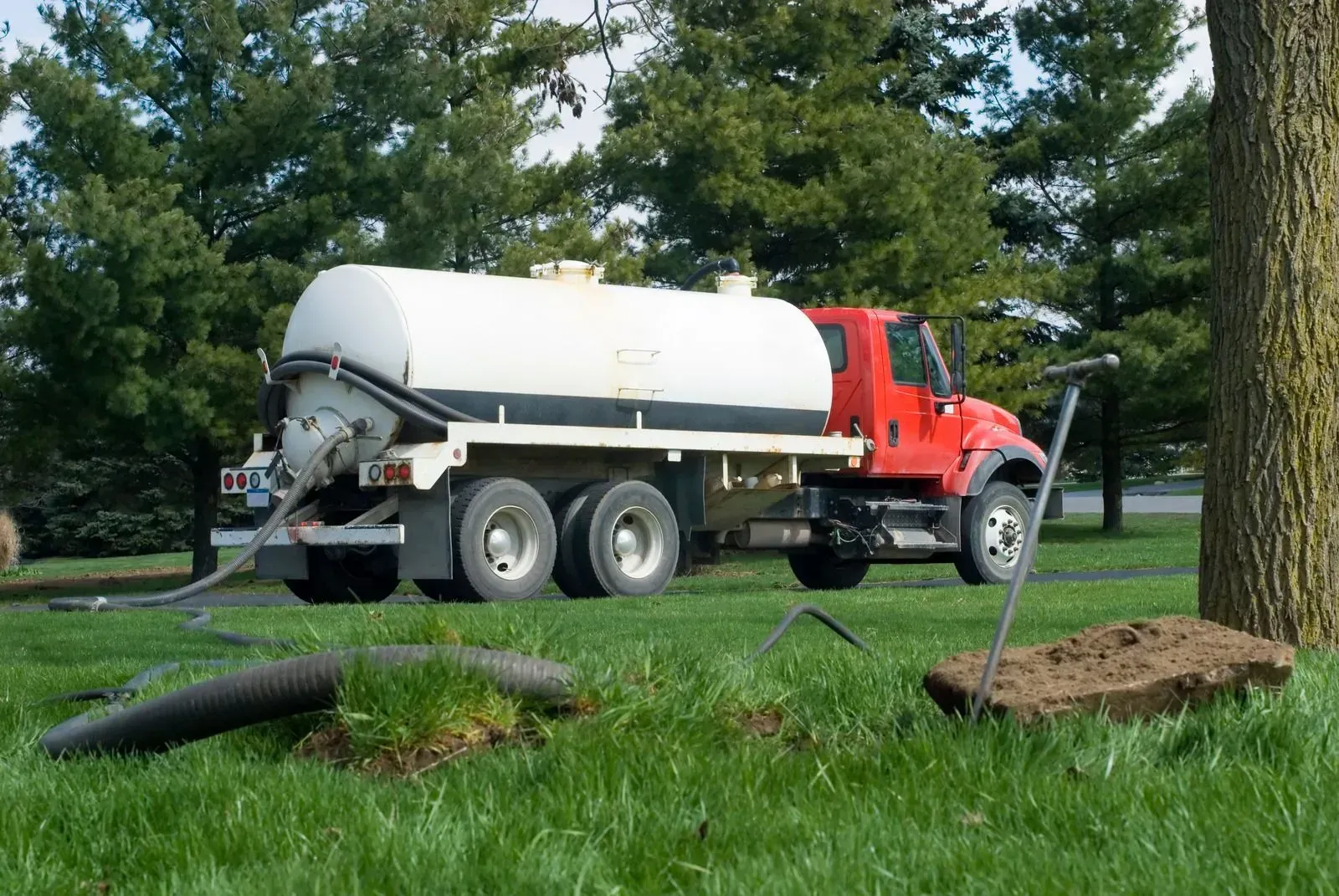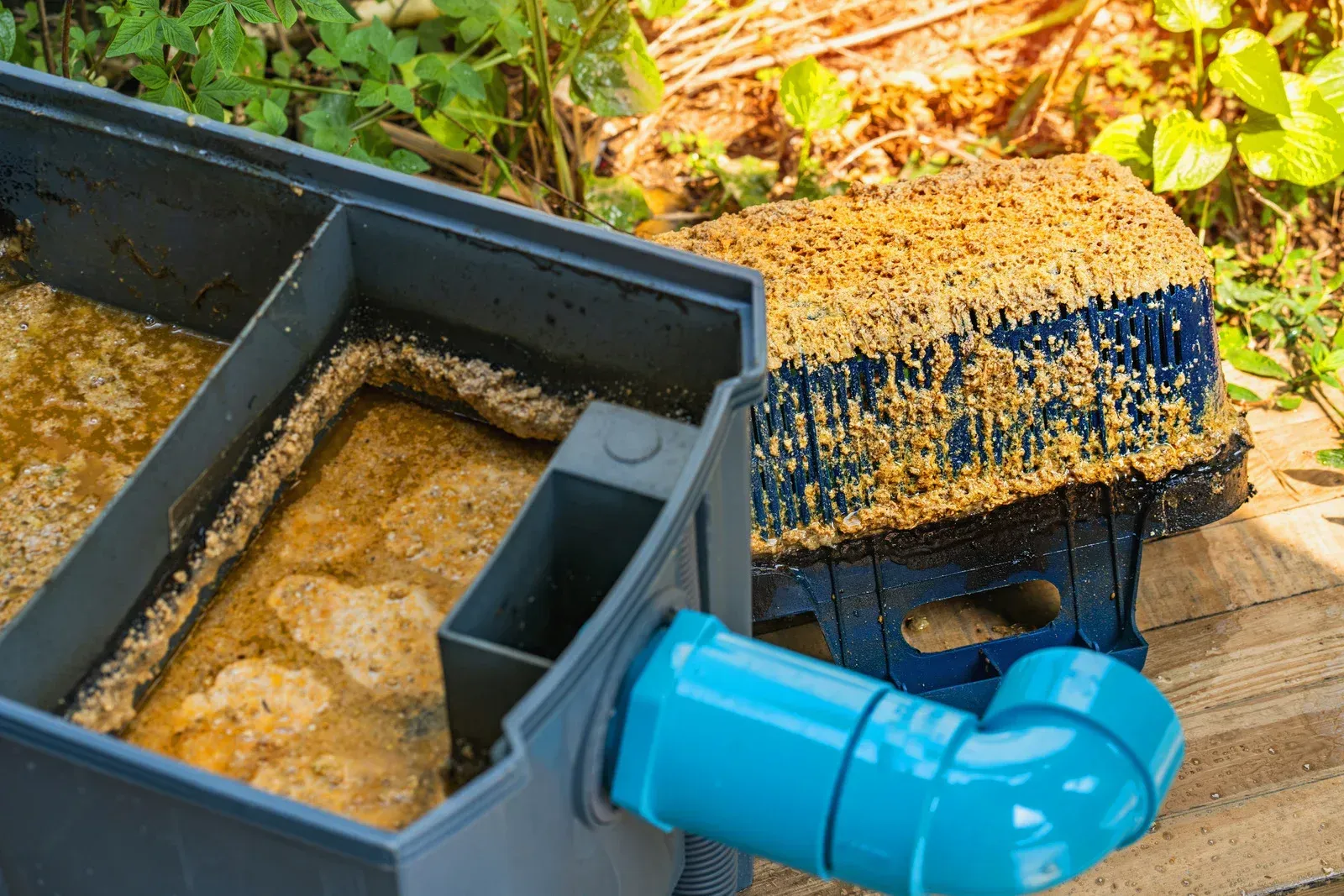Blog
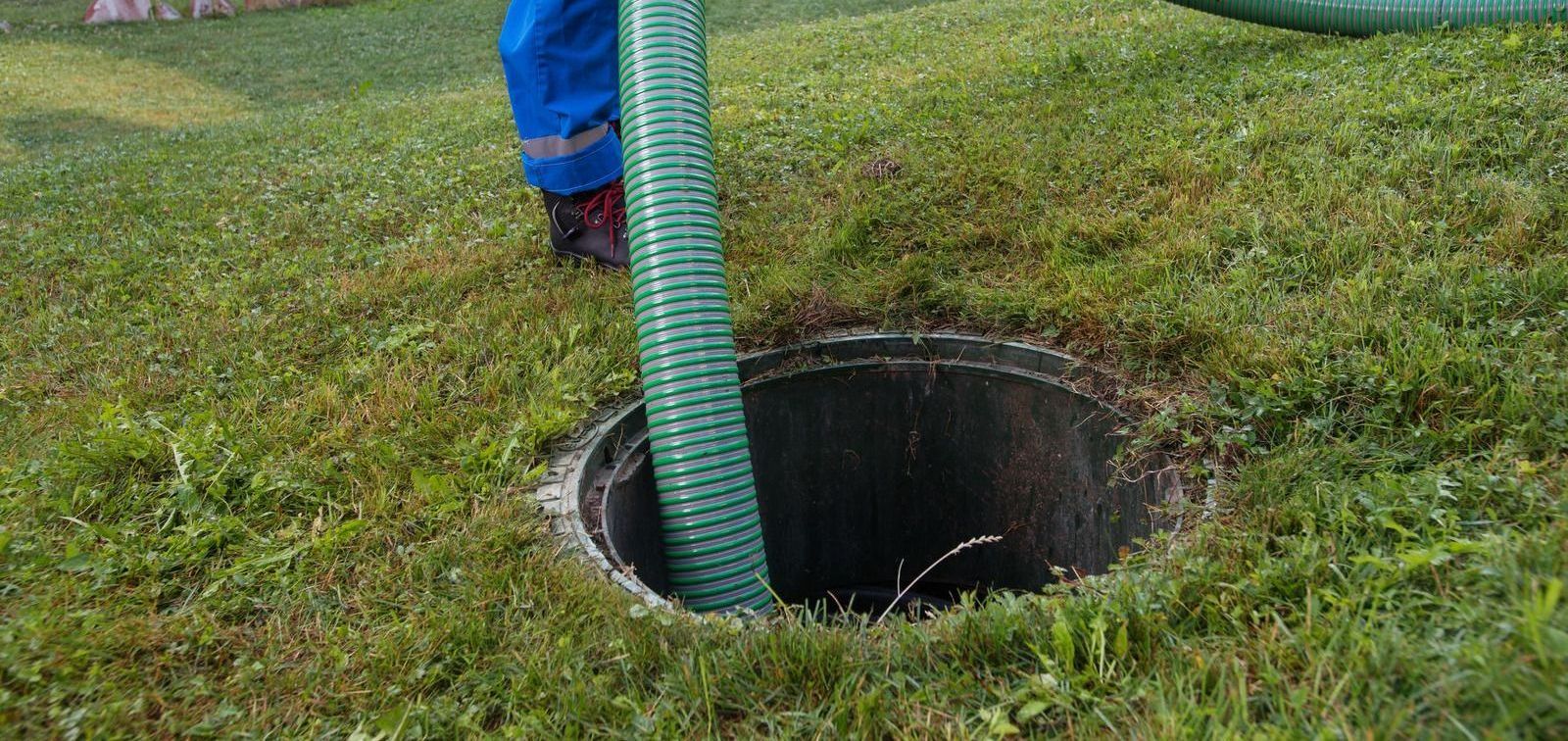
Every home that relies on a septic system must take proper care of it to ensure smooth operation and avoid costly trouble later. Many people ignore their septic tanks for years, only to face messy overflows, slow drains, or foul smells that could have been easily avoided. When too much solid waste fills the tank, the


